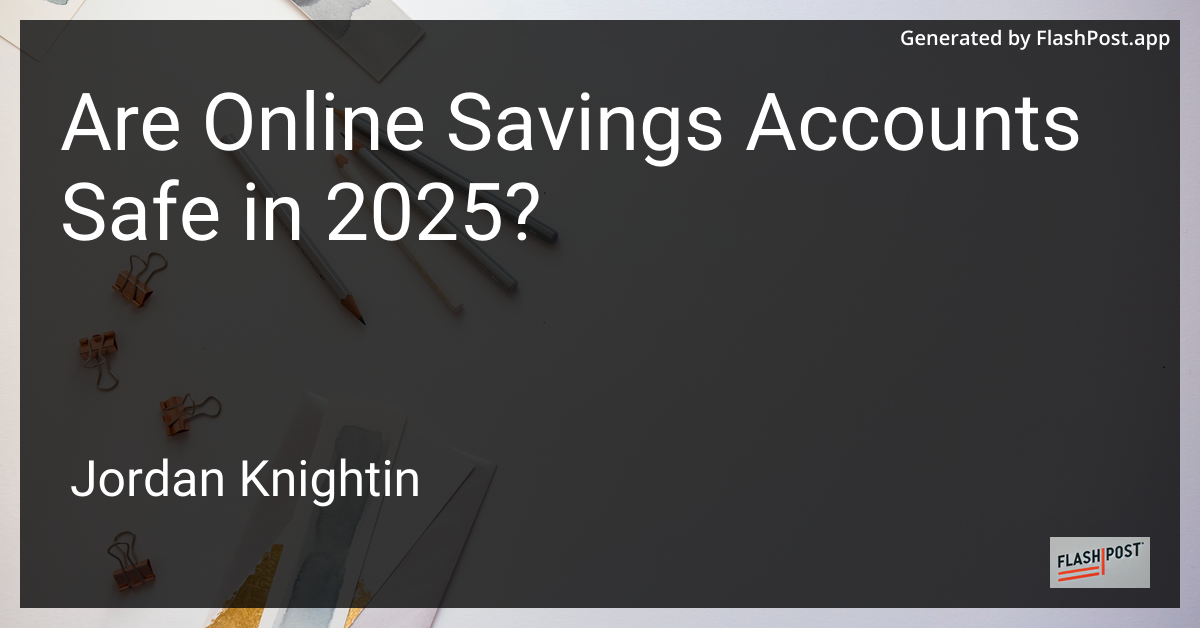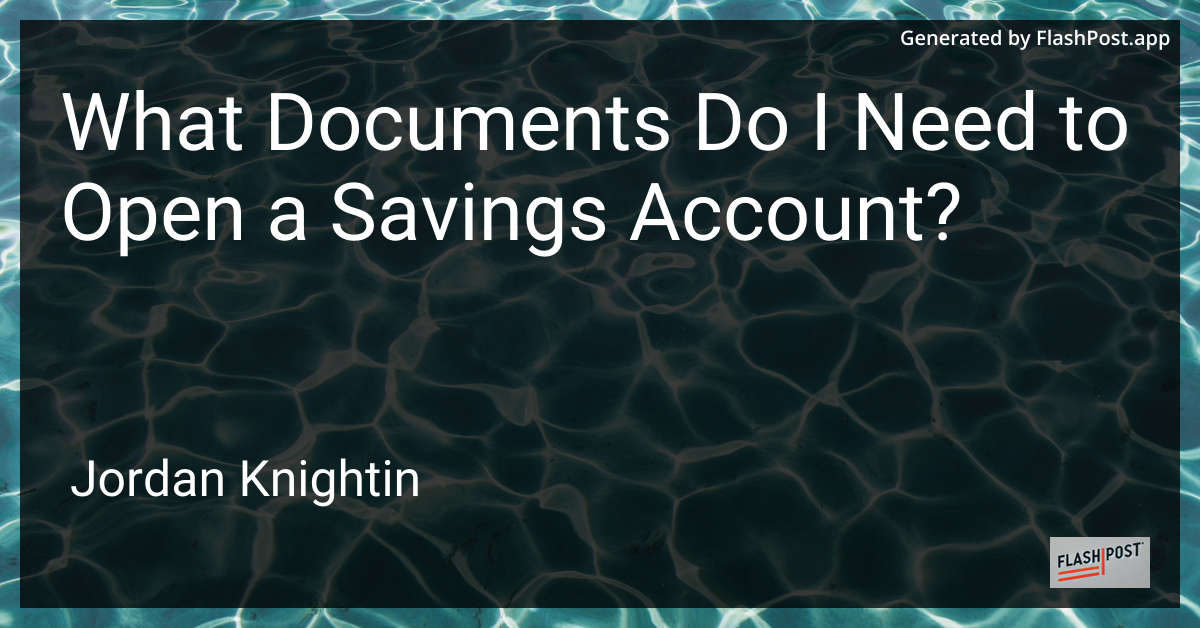

What Documents Do I Need to Open a Savings Account?
Opening a savings account is a wise financial move for anyone looking to secure their financial future. Whether you’re saving for a rainy day, a big purchase, or a dream vacation, a savings account can help you achieve your goals. But before you can start saving, you’ll need to provide certain documents to set up your account. In this comprehensive guide, we’ll break down the documents you need to open a savings account and explain why each is essential.
Why Do You Need Documents to Open a Savings Account?
Banks and financial institutions require specific documents to verify your identity, address, and other personal details. This process helps prevent fraud and ensures that your money is secure. By understanding the necessary paperwork, you can streamline the account opening process.
Essential Documents Required to Open a Savings Account
1. Proof of Identity
The first set of documents you’ll need is proof of identity. Commonly accepted forms include:
- Government-issued ID: Such as a passport, driver’s license, or state ID card.
- Birth Certificate: Often used for minors opening a savings account.
- Social Security Number (SSN) or Individual Taxpayer Identification Number (ITIN): Required for tax reporting purposes.
2. Proof of Address
Verifying your address is crucial for correspondence and ensuring that you’re opening an account in the right jurisdiction. Acceptable documents typically are:
- Utility bills: Such as electricity, water, or gas bills.
- Lease or rental agreement: A signed contract showing your permanent address.
- Bank or credit card statement: Should be recent and show your current address.
3. Initial Deposit
Most banks require an initial deposit to activate your account. The amount varies by bank, so it’s best to confirm this requirement beforehand. You can often make the deposit via cash, check, or electronic transfer.
4. Parental Consent for Minors
If a minor is opening a savings account, parental consent and possibly the inclusion of a parent or guardian as a joint account holder may be required. Documents needed may include:
- Parental IDs: A government-issued ID from the parent or guardian.
- Birth Certificate of the Minor: To establish the relationship between the minor and the parent/guardian.
5. Other Bank-Specific Requirements
Some banks may have additional requirements, such as:
- Employment verification: A pay stub or employment letter.
- Financial references: Especially relevant for opening a high-interest account.
Additional Options for Those Without a Traditional Bank Account
If you’re exploring financial options without a bank account, there are financial solutions for individuals without a bank account. Additionally, consider alternative financing without a bank account.
Conclusion
Having the right documentation is crucial for a smooth and efficient savings account setup. By preparing these documents in advance, you can ensure a hassle-free banking experience and start your savings journey immediately. If you are also considering business ventures, explore resources on opening a business bank account.
Remember, if you ever face challenges or need additional financial solutions, there are various options available to help guide you through the process.
